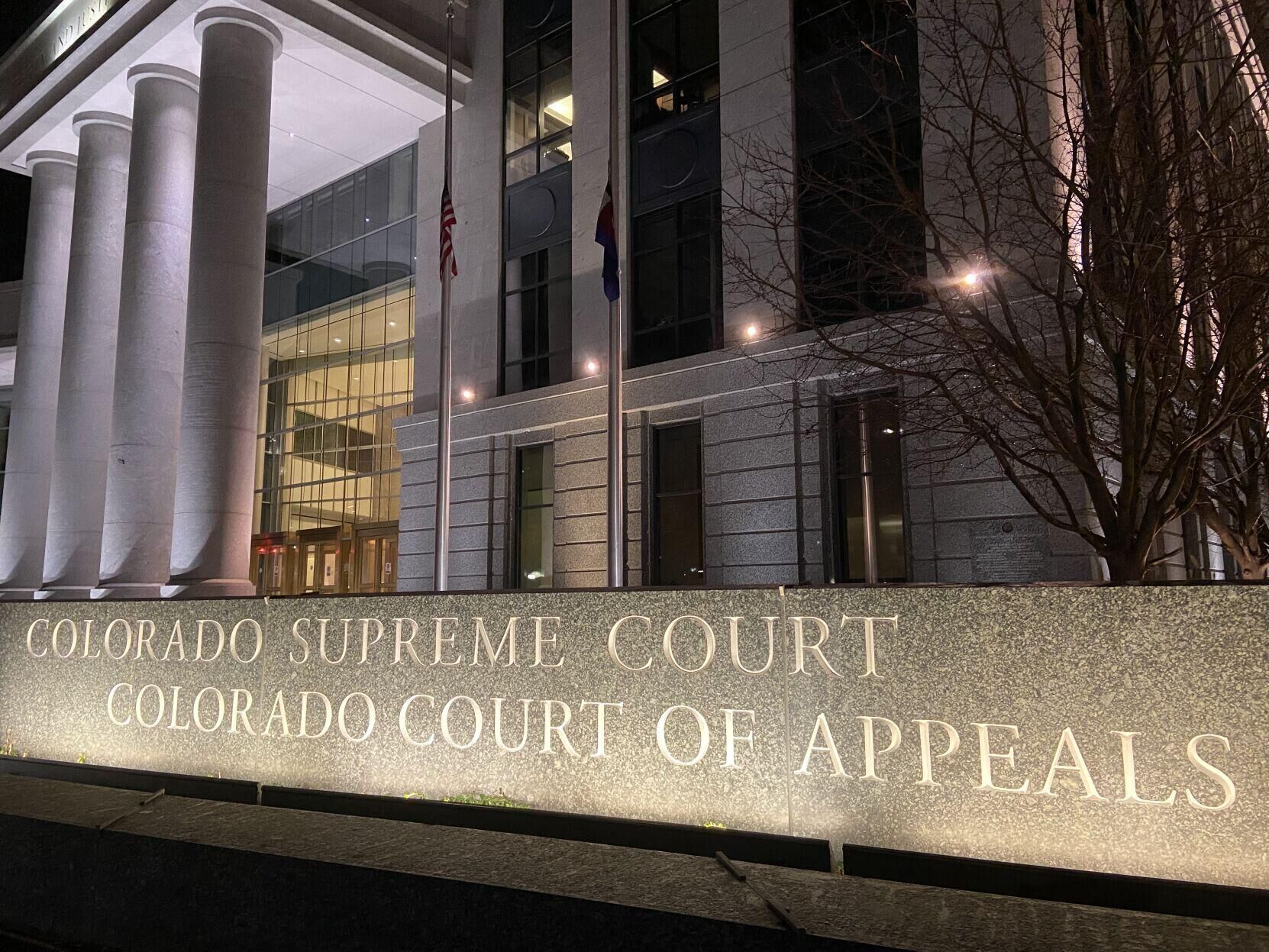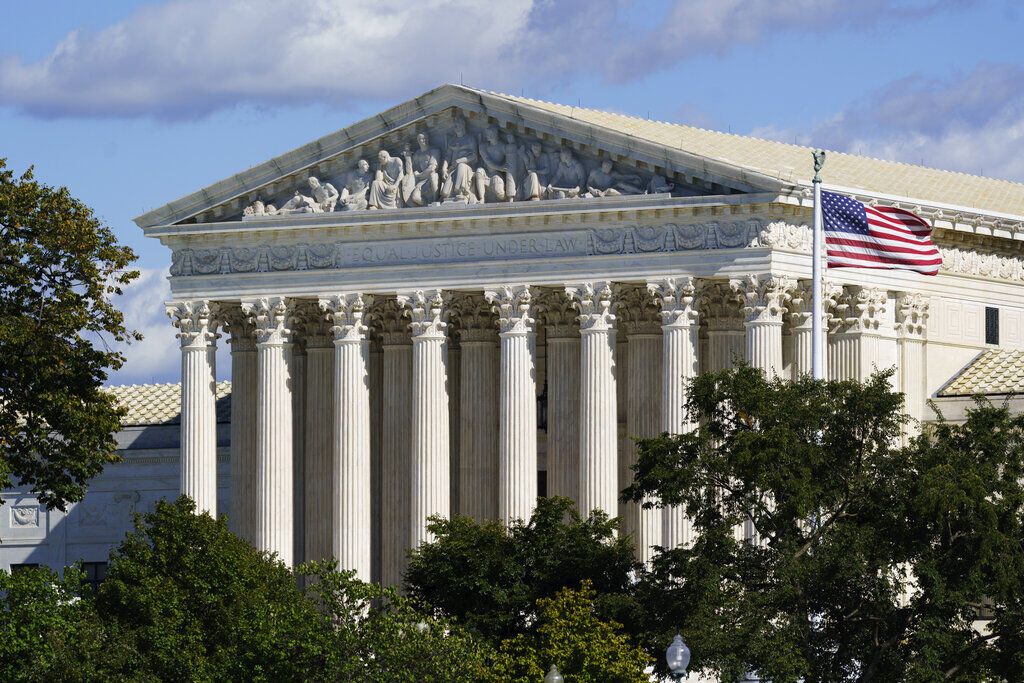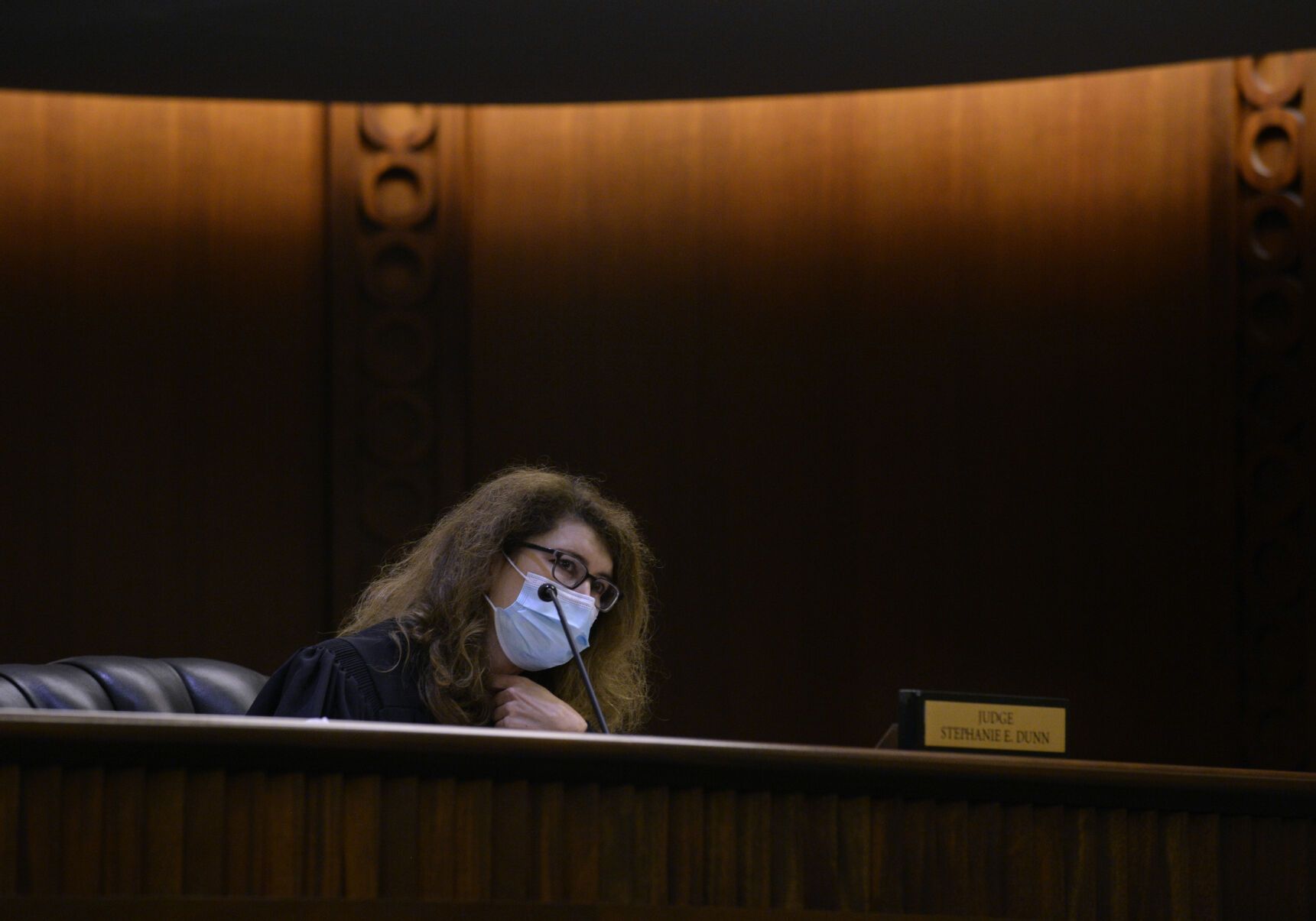Appeals court finds no discrimination in dismissals of jurors of color across 3 cases

Colorado’s second-highest court recently agreed prosecutors did not unconstitutionally remove jurors of color in three criminal cases for racial reasons.
The Court of Appeals encountered significant variation in how the trial judges approached the prosecution’s dismissal of each juror. One judge explained the circumstances at length, one judge gave virtually no explanation and the third judge appeared to misunderstand how to evaluate allegedly race-based juror dismissals.
Nearly 40 years ago, the U.S. Supreme Court recognized in Batson v. Kentucky that purposeful racial discrimination in jury selection was unconstitutional. Now, if the prosecution dismisses, or strikes, a juror of color, the defense may raise a “Batson challenge,” forcing the prosecutor to justify the dismissal with a “race-neutral” reason. The procedure applies to “peremptory strikes,” which do not require a justification for removing a juror unless there is a Batson challenge.

The challenge proceeds in three steps. First, the defense must state a plausible case that a juror is being removed on account of their race. Second, the prosecution must offer a race-neutral explanation. Finally, the trial judge analyzes whether intentional discrimination is likely happening.
Multiple valid reasons
Arapahoe County jurors convicted Youhannis Kesete Tewolde of multiple assault-related offenses in 2022. The jury pool had two Black members. During jury selection, the prosecutor asked one juror, identified as G.Y., about her note on the jury questionnaire that she could not be fair due to “lack of sleep.”
“I work with a nursing facility and I work overnights and so I came straight from there to here,” said G.Y., adding she drank “extra coffee.”
Under questioning, G.Y. expressed her view that an object is only a weapon “when held by someone with ill-intention.” She further believed “both parties, whoever is representing them, should have to prove their innocence.”
Finally, G.Y. said she “had incidents where I didn’t feel like I was treated fairly when pulled over by police.”
The prosecution sought to strike G.Y., citing several reasons: Her “droopy eyes, slow speech” from lack of sleep; her understanding of a deadly weapon; her “struggle with the concept of the presumption of innocence”; and her mistreatment by police, which the prosecutor deemed problematic because several of the witnesses against Tewolde were police officers.
The defense disputed the prosecutor’s characterizations, adding, “I don’t know many African-American people that don’t have some negative interaction with police officers.”

Chief Judge Michelle Amico denied the defense’s Batson challenge. She believed the prosecutor credibly established two race-neutral reasons for removing G.Y.: Her tiredness from her overnight job and her belief that the defense had an obligation to prove Tewolde’s innocence.
A three-judge Court of Appeals panel believed all of the prosecution’s reasons were justifiable. Notably, since Tewolde’s trial, the Colorado Supreme Court ruled that a juror of color’s distrust of police is not automatically an impermissible race-related reason for striking them.
Case: People v. Tewolde
Decided: August 21, 2025
Jurisdiction: Arapahoe County
Ruling: 3-0
Judges: Rebecca R. Freyre (author)
Christina F. Gomez
Melissa C. Meirink
“The trial court found the prosecutor to be credible. We defer to the trial court’s credibility finding,” wrote Judge Rebecca R. Freyre in the Aug. 21 opinion.
The case is People v. Tewolde.
‘Too fact oriented’
In March 2023, El Paso County jurors convicted Mikaele Jushawn Poloa of attempted sexual assault and other offenses. During jury selection, a Black woman, identified as Juror 29, volunteered that “feelings aren’t facts.”
“I’m not worried about how I feel. I want to know the facts,” she said. “So, how somebody might look or sound, that’s all feelings. That’s a feeling. It’s not facts.”
She added that she wanted to be “gentle, not judgmental.”
The prosecutor moved to dismiss Juror 29 because of a perception she would be sympathetic to Poloa and “too fact oriented.”
Juror 29’s emphasis on facts over feelings suggests “she wouldn’t be able to read the body language of somebody who’s testifying,” the prosecutor said. “She is too fact oriented and not allowed to follow her feelings toward what a person’s credibility is.”
The defense lawyer suggested the prosecutor did not want a juror “to consider the facts in the case.”
“I didn’t interpret it that way,” interjected District Court Judge Jessica Curtis. “The prosecution wanted someone who would judge credibility not from just a fact-based analysis.”
She did not elaborate further and Juror 29 did not end up serving.
A Court of Appeals panel cautioned judges to “undertake a complete Batson analysis” with explicit findings going forward. But Curtis’ brief rejection of the Batson challenge “wasn’t fatal here,” wrote Judge Stephanie Dunn.

“Because the explanation for the strike was based on something other than race, the prosecutor satisfied his burden,” she noted in the Aug. 21 opinion. “The prosecution explained that it struck Juror 29 because — based on her comments — she appeared to be sympathetic to Poloa and unable to judge witness credibility.”
The case is People v. Poloa.
Case: People v. Poloa
Decided: August 21, 2025
Jurisdiction: El Paso County
Ruling: 3-0
Judges: Stephanie Dunn (author)
Karl L. Schock
Daniel M. Taubman
Misunderstanding did not affect outcome
Arapahoe County jurors convicted Therese Collette Ryan of impaired driving in 2023. The only Black juror, identified as Juror A, did not field any questions during jury selection. The prosecution sought to dismiss him, and the defense made a Batson challenge.
As race-neutral reasons, the prosecutor said Juror A was an “unknown”; he wrote on his questionnaire that his wife “was insulted by an officer”; and that Juror A was an engineer, and the district attorney’s office tries to “avoid engineers as much as possible.”
District Court Judge Ben L. Leutwyler accepted the prosecution’s reasons and noted Ryan was not Black. He would have “significantly greater concerns” if she were, Leutwyler added.
Case: People v. Ryan
Decided: July 31, 2025
Jurisdiction: Arapahoe County
Ruling: 3-0
Judges: Timothy J. Schutz (author)
Terry Fox
Elizabeth L. Harris
A three-judge appellate panel characterized the prosecutor’s reasons as “a bit thin,” but agreed with Leutwyler that they were race-neutral.
Judge Timothy J. Schutz, however, explained Ryan was entitled to make a Batson challenge regardless of her race. Leutwyler’s “inartful” comment to the contrary seemed to disregard that established principle.
“Nevertheless, we conclude that the trial court’s misapplication of the law did not impact its decision to reject Ryan’s Batson challenge,” wrote Schutz in the July 31 opinion.
The case is People v. Ryan.












